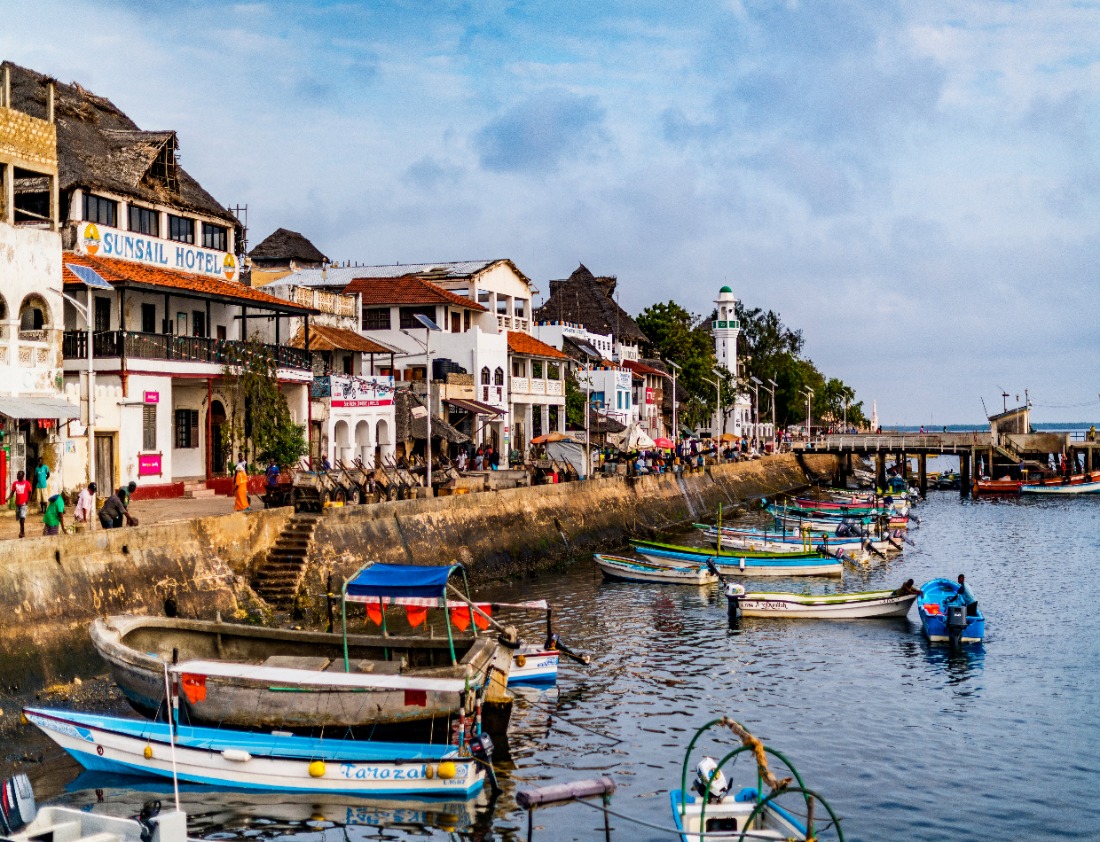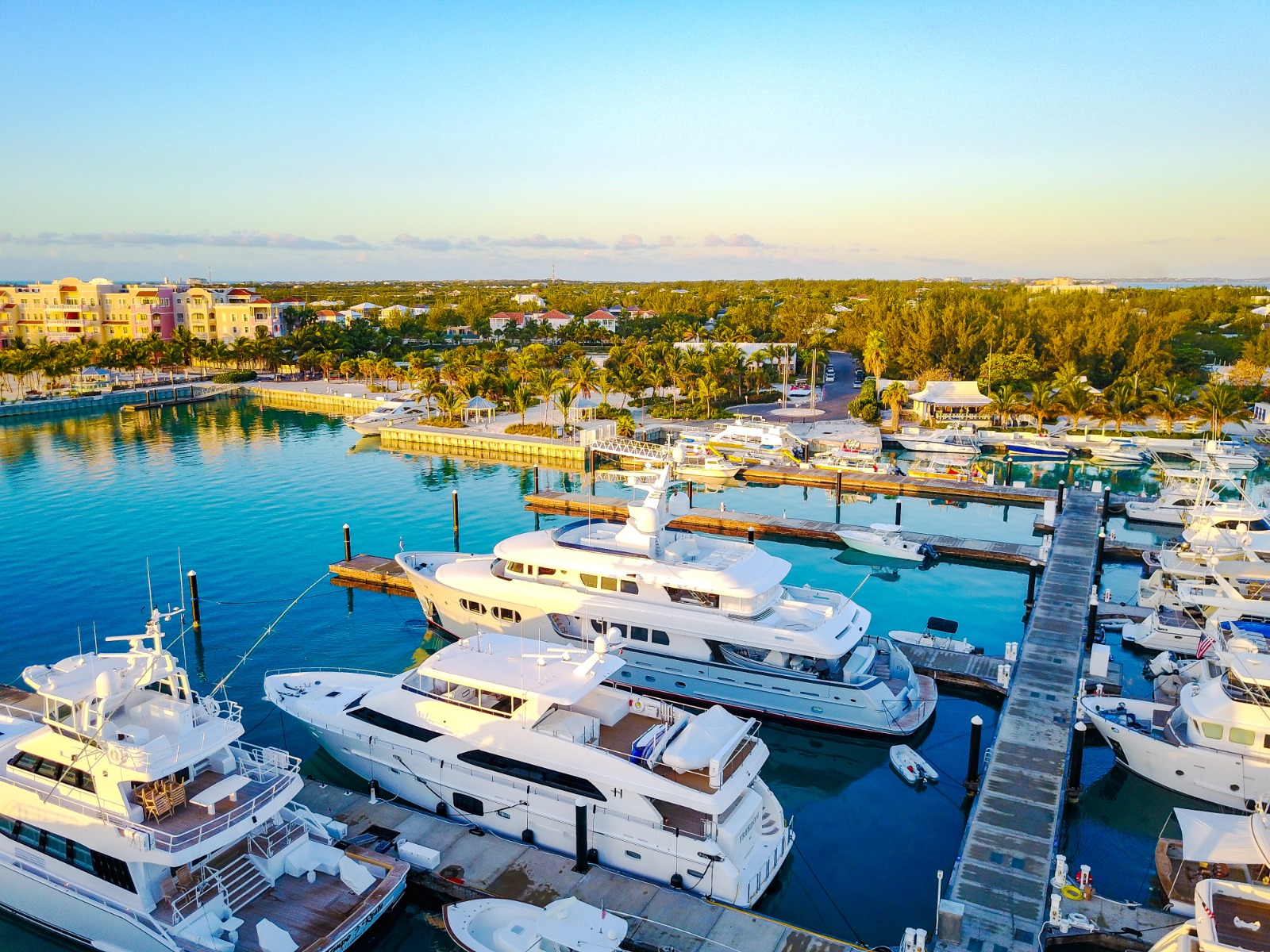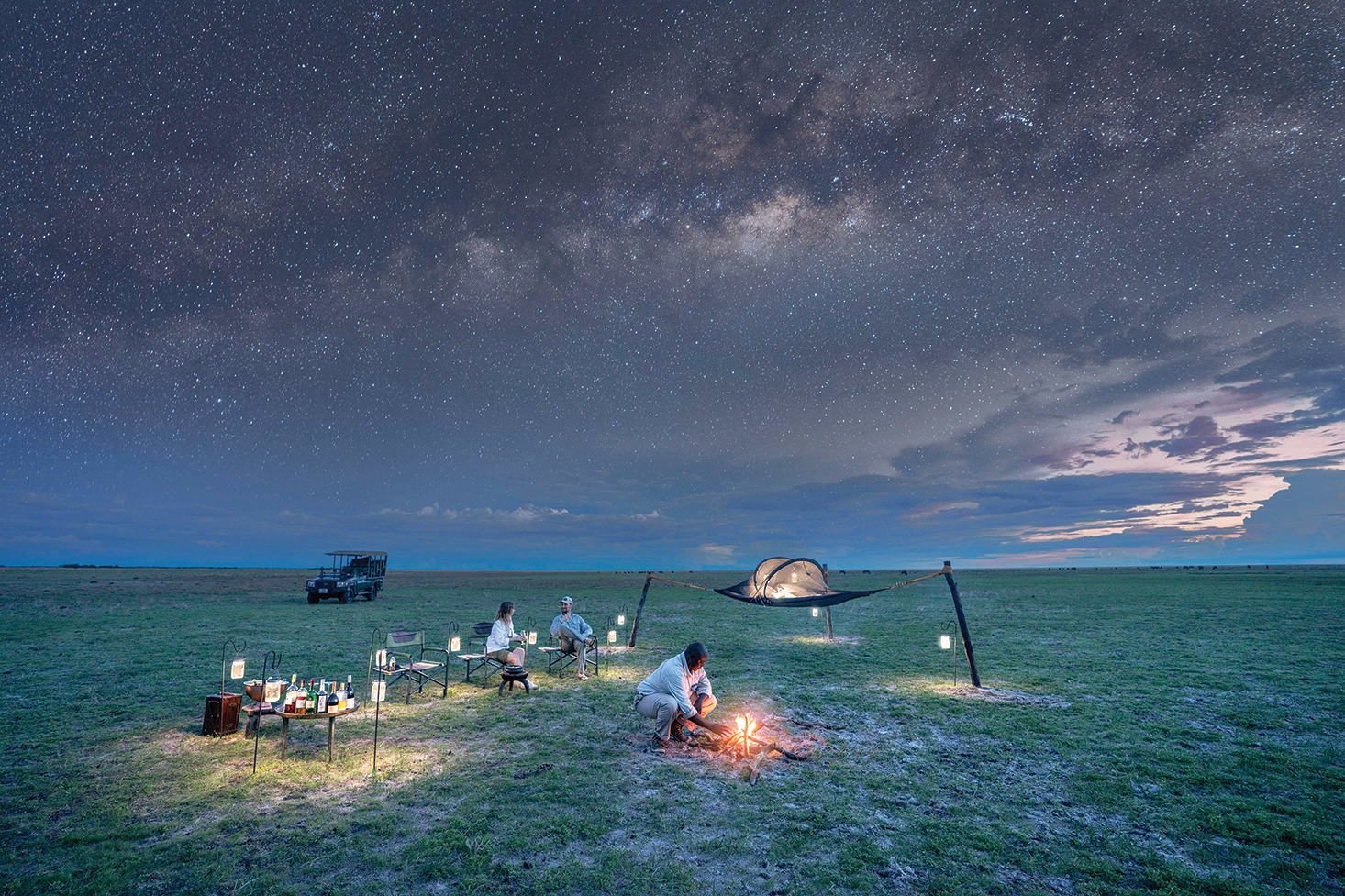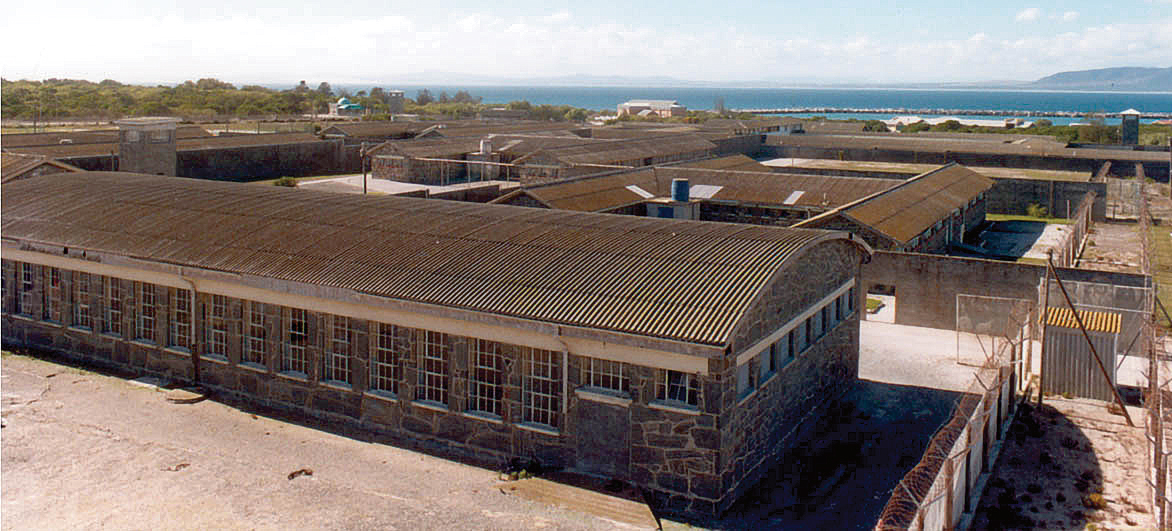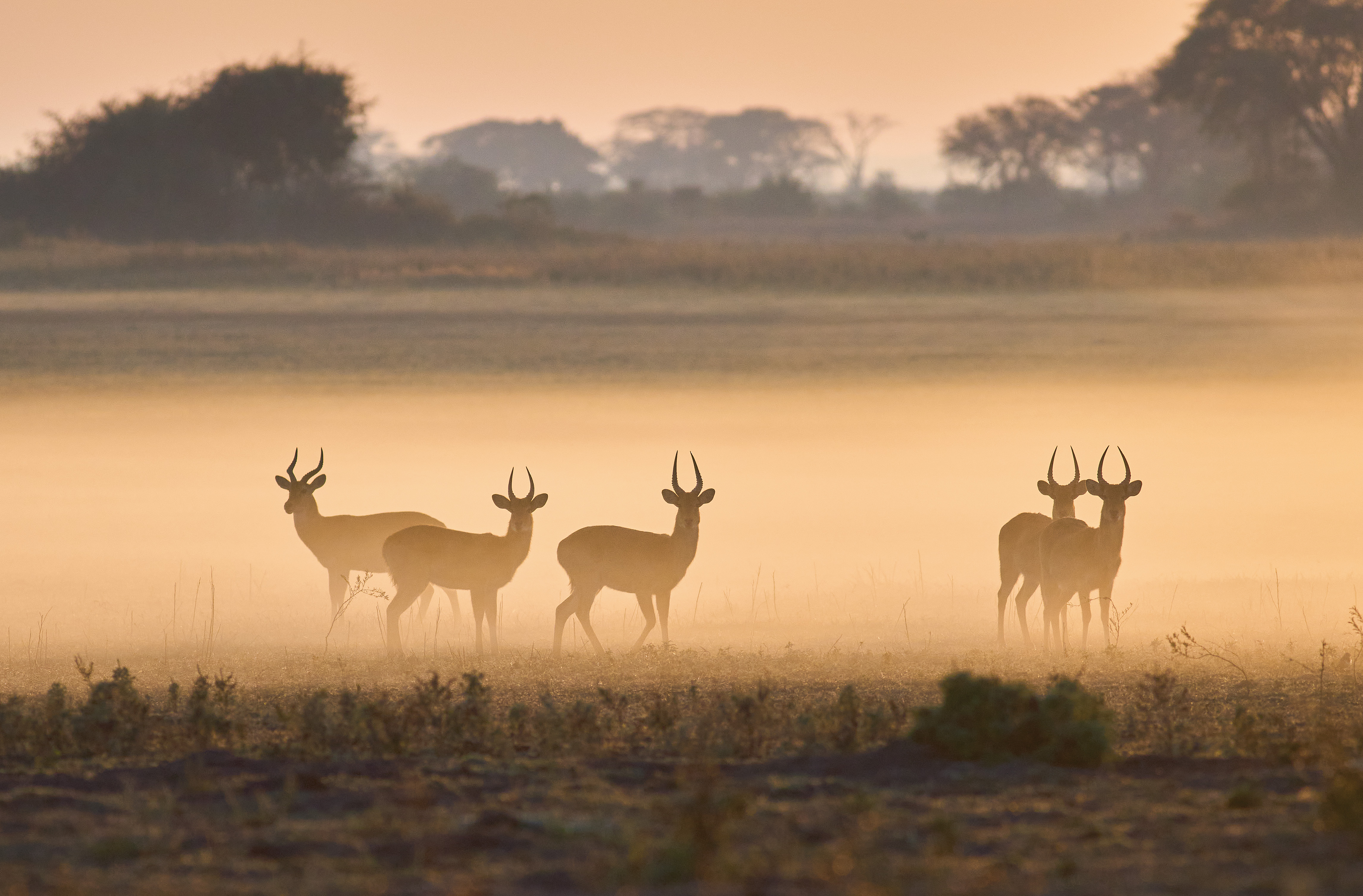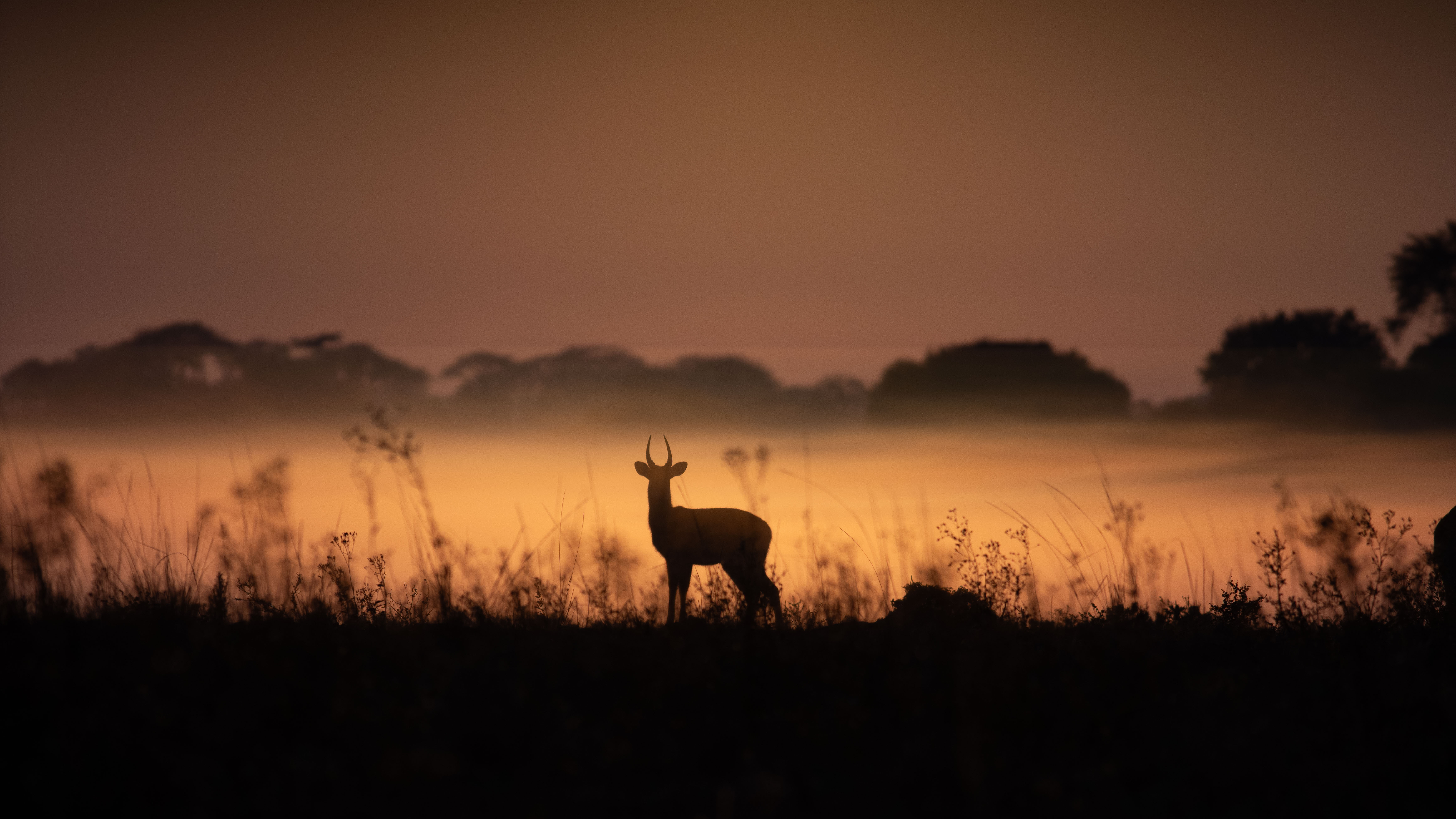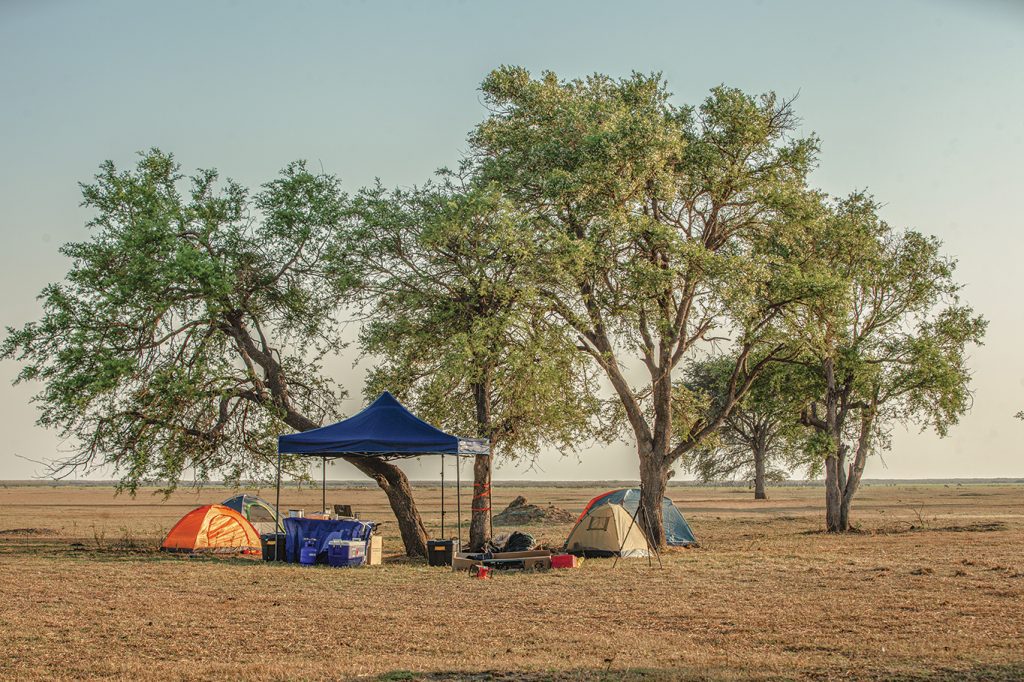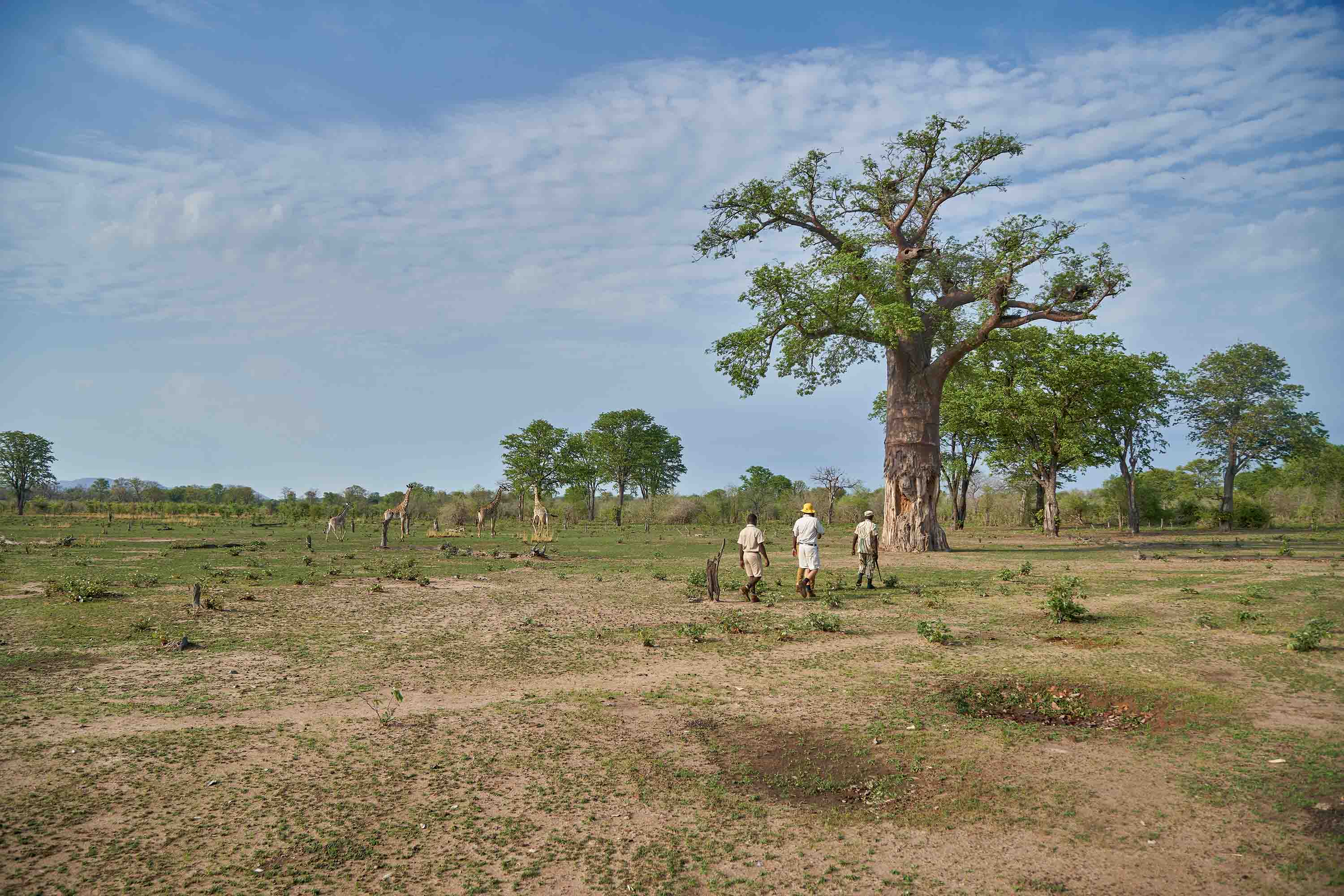Fun facts
- There are no cars in the Lamu Archipelago.
- Lamu Town is a UNESCO World Heritage Site and also the oldest town in Kenya.
- Zanzibar and Lamu Town are culturally and architecturally similar, though Lamu receives far fewer visitors and is said to have held on more tightly to its Swahili heritage.
- Lamu, Manda and Pate are the largest islands in the Lamu Archipelago.
- Lamu Island was made famous by Mick Jagger when he stayed there in the 1970s (and was allegedly kicked out of Peponi Hotel because of what I’ll call rock star behavior).
Something for everyone
- The best place to experience and learn about Swahili culture
- Lose yourself in historic Lamu Town
- Some of the best beaches in Kenya
- Sailing adventures
- A wide array of savoury and sweet dishes with multiple influences
When you visit the magical place that is the Lamu Archipelago you’ll wonder why it doesn’t have a higher profile among travellers. But you won’t complain, instead you’ll enjoy having beaches to yourself and appreciate the tranquility and lack of pollution. The latter two characteristics are partly due to the fact that the archipelago has no cars. The streets and alleyways that cross the striking medieval buildings are too narrow to accommodate cars. To get around you’ll either go by foot, donkey or dhow
The pace of life is relaxed, with the historic Lamu Town on Lamu Island being the busiest area. Lamu Island is the most visited. Its neighbour, Manda Island sees far fewer visitors and Pate Island receives even fewer. However, all these locations have something to offer curious visitors. There are several other smaller islands including Manda Toto and Kiwayu.
If you talk to someone who has been to the archipelago there are some common themes to their accounts. They will talk of the spectacular sunsets, gorgeous beaches, the sun kissed villas, the expertly crafted dhows, the architecture that tells a story of the area’s history and the people that preserve it all. They will tell you it is enchanting, idyllic, ethereal, charming, relaxing, soothing and dreamy. And they are right.

Culture and people
The importance of the Lamu Archipelago to Swahili culture cannot be overstated. This is where you’ll find the oldest and best preserved Swahili settlement. The people of Lamu are proud of their culture and in no rush to “modernise” for the sake of it. They have their own way of doing things. They love their own but they are welcoming to visitors.
As much as Swahili culture influences daily life so too does Islam. The religion has helped shape the culture over centuries. The vast majority of residents identify as Muslims and the society is conservative. You do not have to cover up from head to toe but be mindful of the way you dress in public spaces. In general, remember to be respectful towards local customs and traditions. In keeping with the tenets of Islam, alcohol isn’t widely available. It can only be found in a few restaurants and hotels geared towards tourists.
Lamu has also been an important centre for Islamic scholarship and even pilgrimage. Held in Lamu Town, the Maulidi Festival celebrates the birth of the prophet Mohammed which attracts the faithful from Lamu and beyond. The event features traditional dances, local styles of music and sailing competitions. One academic, Tom Olali, has described Maulidi as “part pilgrimage, part carnival and part mystical Islamic ceremony.”
Another noteworthy event is the Lamu Cultural Festival, a celebration of the Swahili way of life. Poetry, donkey races, swimming competitions and henna painting are part of the festivities. The area plays host to several other festivals celebrating everything from the arts to yoga. Consider planning your trip to coincide with a festival that best suits your tastes.

Old Town
Once a major trading post in East Africa, Lamu Town (also referred to as Lamu Old Town or simply Old Town) was established over 700 years ago by Bantu people. Over time it was visited by traders and explorers from Oman, Turkey, Portugal, India and China, among other places, and long lasting ties were created. They left their mark on the culture, architecture and religion and Lamu evolved to have its own unique character, which remains evident even today.
The town is a maze of narrow streets and impressive stone buildings with magnificent carved wooden doors. Be sure to visit Lamu Fort and Lamu Museum, as well as the Donkey Sanctuary. Also visit the markets and the artisans creating exquisite handmade furniture and crafts. A guided walking tour with a local is one of the best ways to get to know the town.
Caption: Lamu Town is the oldest and best preserved example of a Swahili settlement and is classified as a UNESCO World Heritage Site.

Shela
Also on Lamu Island, next to Lamu Town, less than an hour’s walk or just a 10 to 15-minute dhow ride away, is Shela. Though similar to Lamu Town it is smaller and quieter. Lamu Island receives the majority of the archipelago’s tourists and most of them choose to stay in Shela. It has more upscale accommodation options than its sister town including some stunning Swahili townhouses (that’s not to say Lamu Town is lacking in great places to stay) and restaurants. Shela also plays host to the Lamu Yoga Festival.

You should definitely experience both Lamu Town and Shela and they do have many similarities but you can determine where you want your base to be depending on what you seek most. More interested in delving deep into the culture, stay in Lamu Town. More interested in the beach? Stay in Shela.
The main draw here is the beach lined with palm trees and sand dunes. Shela Beach is widely regarded as the best on Lamu Island. The island is somewhere you go for rest and relaxation so long lazy days at the beach are recommended. If you’re looking for something a little more active you can go snorkeling, water skiing, kayaking, kite surfing or wakeboarding. Gorgeous as it is, do tear yourself away from the beach and explore the sandy streets through markets, mosques, townhouses and Shela Fort.
Dhow safaris

The relatively tranquil waters of the Lamu Archipelago are ideal for sailing. You always have the option of riding the waters on a motorised boat but you cannot miss out on the chance to sail in a traditional, handcrafted dhow if you get the chance. You can arrange for a day out at sea through your hotel, guesthouse or plan directly with a dhow crew member. The safaris can include meals, fishing, diving, snorkeling and visits to small fishing villages. During some excursions you may be able to witness dhow construction in progress.
Most visitors choose a location on Lamu Island to be their base while a smaller number opt for Manda Island (home to the Takwa Ruins). Whichever you choose, island hopping is easy with a dhow.

Swahili cuisine
Just as the architecture has been influenced by local people and those who came to trade in the area in centuries past, so too has the food been influenced. The food tells a story; it is history on a plate.
Pilau, curries, biryani and coconut rice are popular. It’s no surprise that fish and seafood straight out of the Indian Ocean is easy to come by. Plenty of local dishes utilise the bounty from the ocean. Fresh tropical fruits such as mangoes and coconuts are found in abundance. You’ll find a lot of produce on offer at the markets and you’ll encounter vendors selling snacks you can eat on the go from fried yams to bhajias and kebabs to hot, fluffy mandazi. You can try makaki or Swahili pizza. People along the Swahili coast have adapted the Italian staple using flat bread, chapatti for instance, as a base and topping it with readily available local ingredients. And if you have a sweet tooth there are plenty of Swahili desserts for you to indulge in.
It’s great to sample local dishes but you can also learn how to make them yourself as a number of residents offer cooking classes for visitors, most especially in Shela. Some residents advertise their services and you can also enquire about lessons through your hotel or guesthouse. The Lamu Food Festival is a great opportunity to both sample the best of local cuisine and learn how to cook it.
